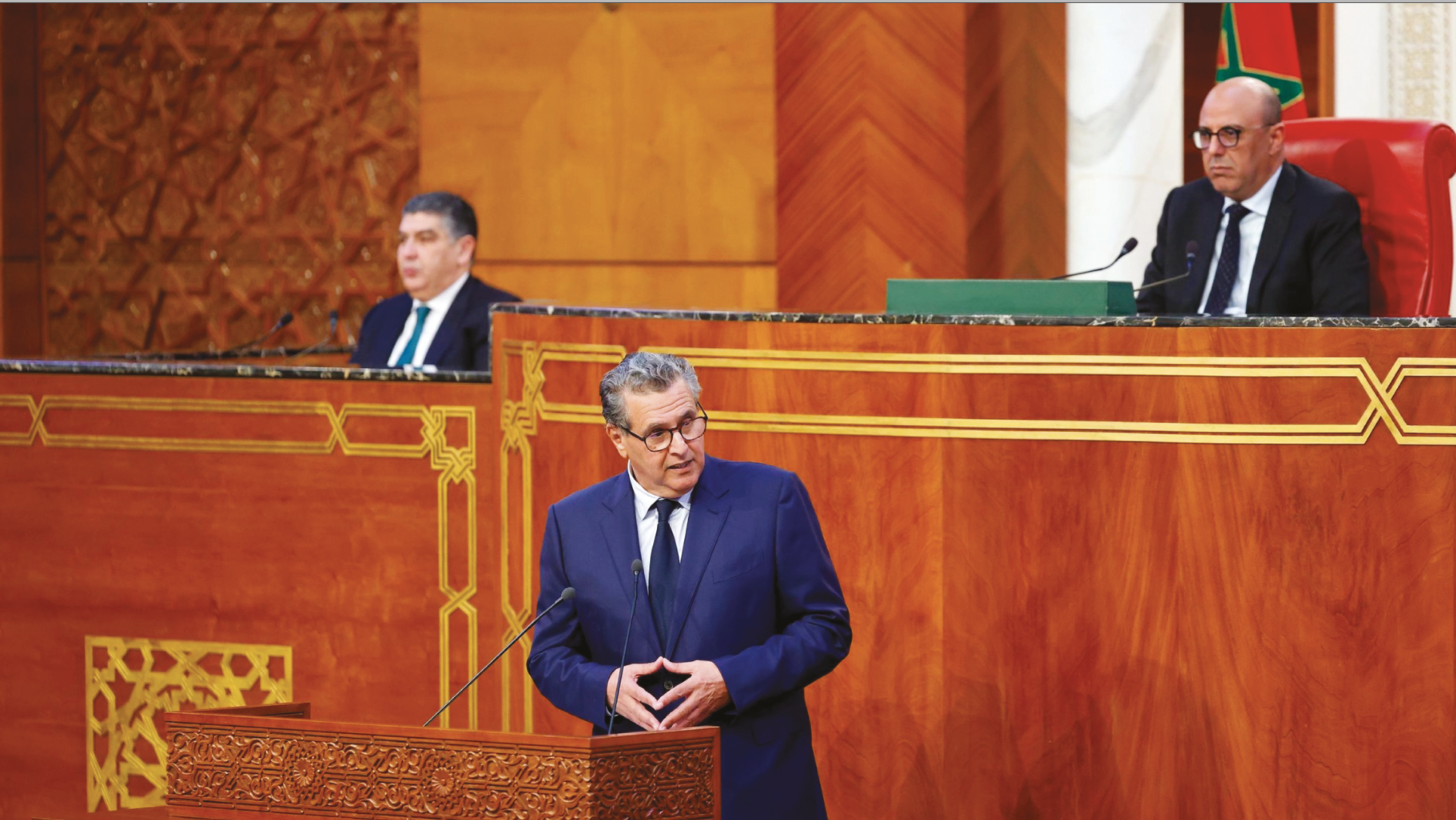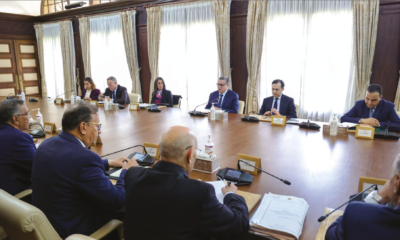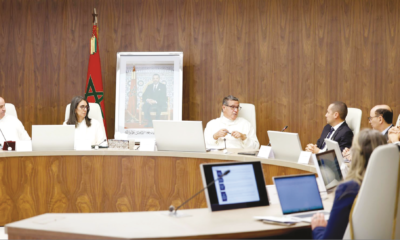Kingdom
Strike: Law Passed, Dialogue Continues
With unwavering determination, the Executive has achieved the remarkable feat of establishing the first organic law on strikes. The penultimate step was taken on Wednesday, February 5, following the plenary vote in the second reading at the first chamber of parliament.

It took more than sixty years for Morocco to establish an organic law governing the conditions and modalities of exercising the right to strike. After a lengthy process lasting approximately 22 months, the Chamber of Representatives adopted, in its second reading, the organic bill n°97.15, the only bill not yet voted on since the promulgation of the 2011 Constitution.
This bill, which was approved on Wednesday with a majority of 84 votes in favor, 20 against, and no abstentions, must now undergo its final review by the Constitutional Court to assess its conformity with the terms of the Fundamental Law before it can take effect.
The journey was anything but smooth for the various stakeholders. It was indeed a laborious task, as noted by the head of the government Aziz Akhannouch during the general policy questions session held on Tuesday, February 4, before the Chamber of Councillors.
To arrive at the adopted version, no fewer than 70 meetings were held, including 30 with various ministries and another 40 with parliamentary groups and unions. Acknowledging this “colossal work,” the head of the government took the opportunity to commend the members of both chambers of Parliament for their efforts in examining and adopting the organic bill.
The philosophy of balance has prevailed
This marks a historical shift, as this new legislative framework, regarded as “an achievement in itself,” signifies a major advance in regulating strike movements, necessitating a balance between workers’ rights and investors’ expectations.
Indeed, beyond regulating these movements, the new law—completely overhauling the 2016 legacy—also contributes to improving the investment environment by reassuring investors, while strengthening the social climate by safeguarding employees’ rights.
Furthermore, Aziz Akhannouch emphasized that this is merely a step in a larger process, and the government remains open to resuming dialogue with trade unions. The head of the government stressed that “our relationship with the unions extends far beyond the strike law. We respect the unions and their calls for strikes. We still have much work to do together. In our dealings with the unions, we have never been stingy.” This reflects a commitment to a promising outlook.
Major amendments to the new framework
It is important to note that the text introduces numerous advancements that respond to the aspirations of workers and unions while alleviating employers’ concerns and reassuring foreign investors with a clear legislative framework. Throughout, provisions favoring the working class and labor organizations are prioritized in cases of “legal conflicts,” it is emphasized.
Furthermore, the bill’s passage through the upper Chamber of Parliament has allowed for several substantial amendments compared to the version voted on in the lower house. Notably, one amendment addresses the ability to strike in defense of workers’ “indirect interests,” in addition to their direct interests. This means that “solidarity strikes,” as well as “political strikes,” are “clearly permitted.”
Additionally, the bill stipulates that a strike can be initiated not only to defend material interests but also for moral concerns. This effectively includes trade union freedoms as grounds for initiating a work stoppage. Thus, Moroccan law aligns perfectly with the International Labour Organization’s requirements.
Moreover, the adopted bill broadens the categories of strikers without explicitly mentioning the Tansikiyate (Coordinations). In short, the right to strike now covers all professionals across various sectors, including domestic workers, freelancers, and non-salaried individuals.
Regarding the protection of the right to strike, the new framework imposes harsher penalties on employers who attempt, “by any means necessary,” to obstruct this right. This includes the use of strikebreakers, subcontracting, or dismissing striking workers, relocating them, or subjecting them to “arbitrary measures.” Penalties are quite deterrent, ranging from 20,000 to 200,000 dirhams.
In line with the amendments, the bill expands union freedoms by allowing all union federations, regardless of whether they are deemed “more representative,” to call for a national strike across all sectors or at a sectoral level. These are significant advancements attributed to the government and social partners who contributed to this progress. Further initiatives are on the horizon.












